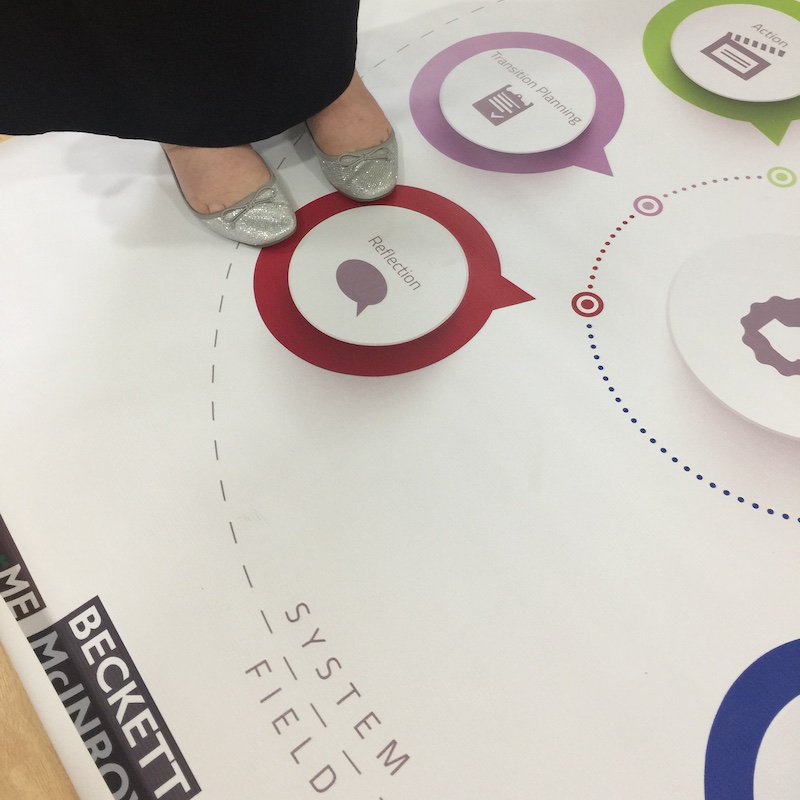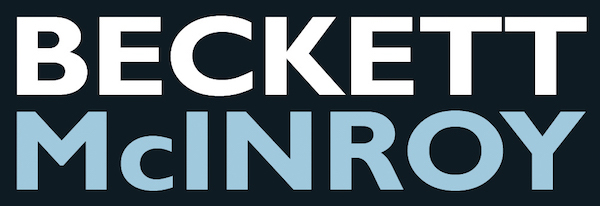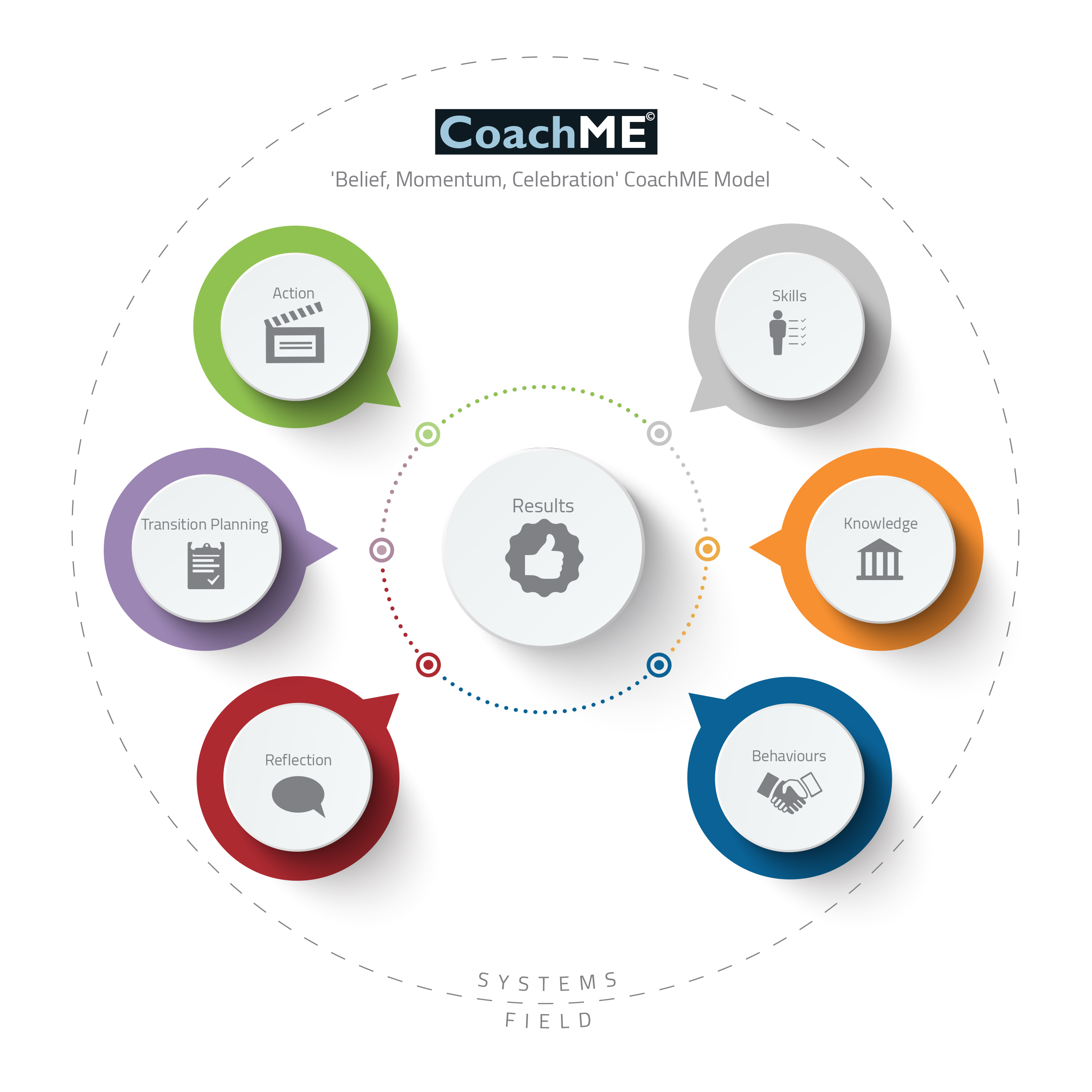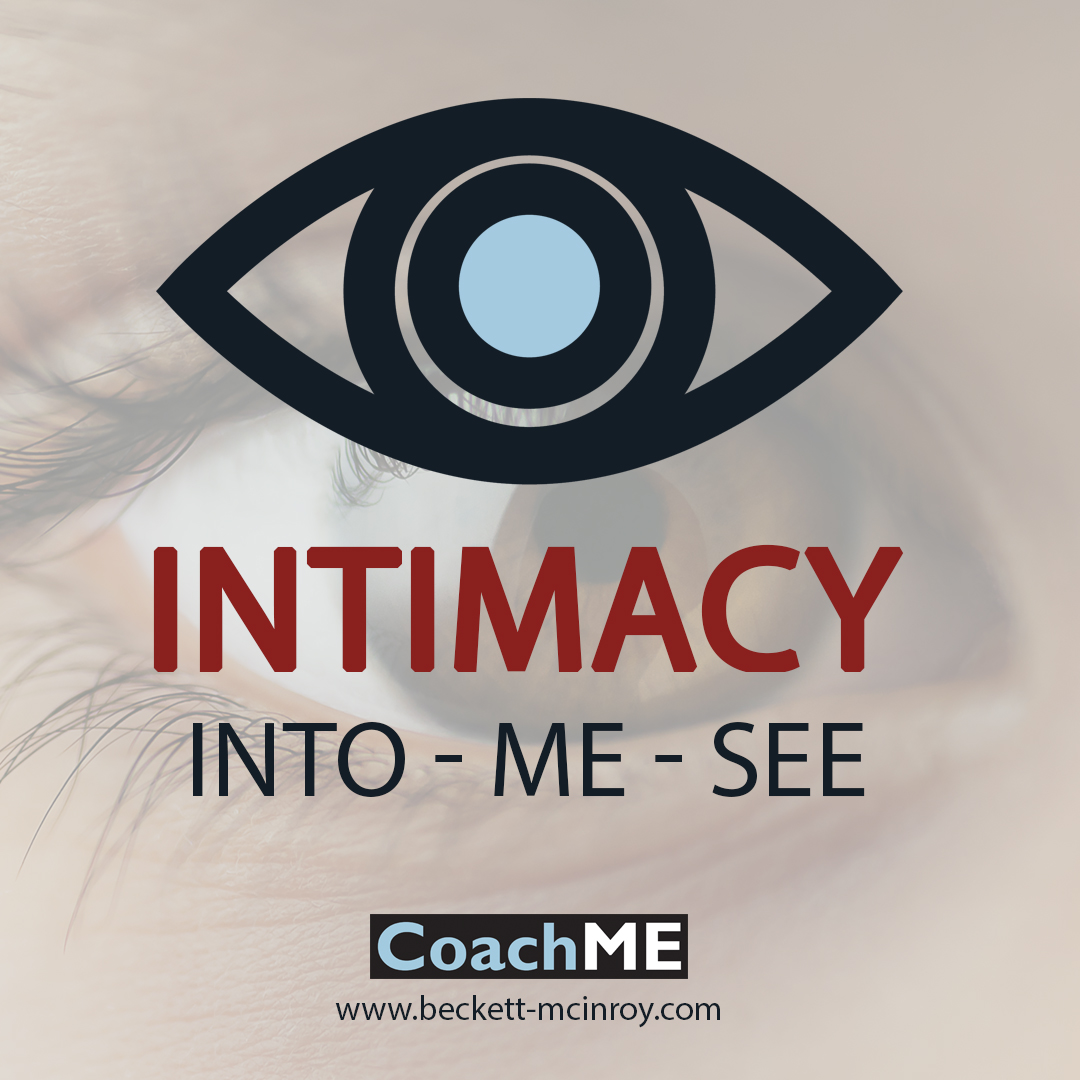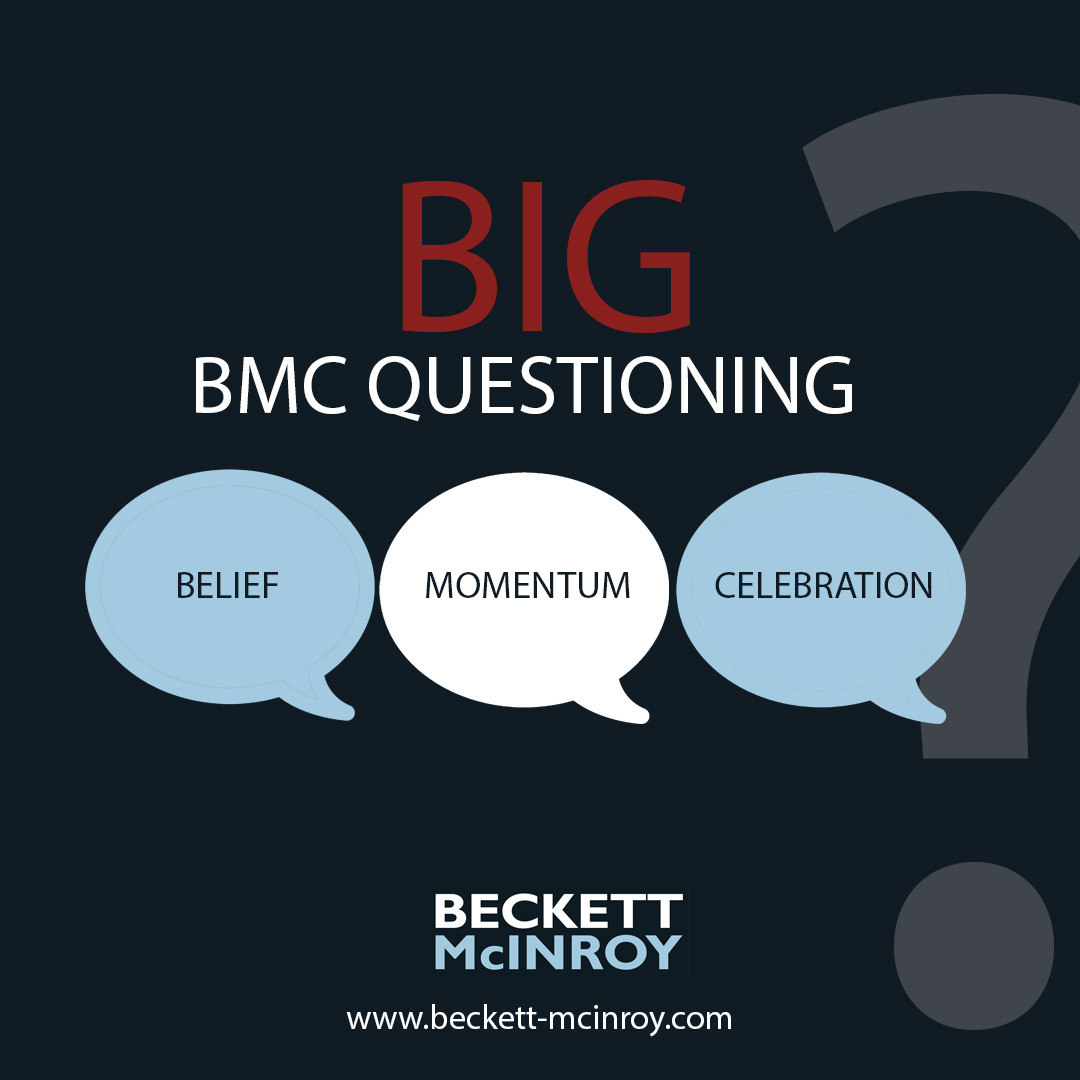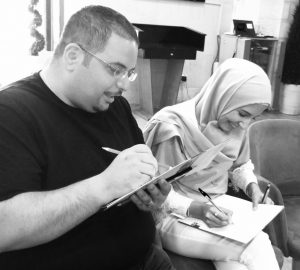
The CoachME© Model is Non-linear/Non-cyclical
Honouring the ICF, AC and EMCC Competencies and keeping their Codes of Ethics at heart, the CoachME Model is intentionally non-linear and non-cyclical. The rationale? From extensive reading and practice of different models and theories, as well as empirical research critiquing and assessing systematically the value of the CoachME Model, we found that Coachees do not always follow the linear or cyclical elements of clarifying the issues, getting the evidence, planning the action, acting. They may ‘stay’ a whole session in one place or ‘dance’ between different facets. For example, a Coachee may be in Transition Planning and bounce in and out of Results for both the session and for long-term goals. They may also dip into Reflection about what has worked previously, or what achievement will look and feel like, linking this with Knowledge to consider what they need to ‘deepen’ in terms of learning, to close gaps, then forward their action.
The model fits with personal life, career, executive, organizational, team and systems coaching.
CoachME supports dives into the different facets, helps Coachees to explore ‘where they are at’ and to ‘stay’ with whatever comes up. The model also helps the Coach with the core competencies of non-attachment to both the agenda and the outcomes. Flow occurs without the pressure of moving to action and accountability in every session.
CoachME Coaches believe in their Coachees and accept them ‘as is’. They are open, honest and skilled in tackling ‘difficult conversations’. They always display trust and adhere to ethical codes of conduct by respecting contracts and confidentiality. In an organisational context contracting can be two, three or more ways when necessary due to complex dynamics and the model is shared with all relevant stakeholders.
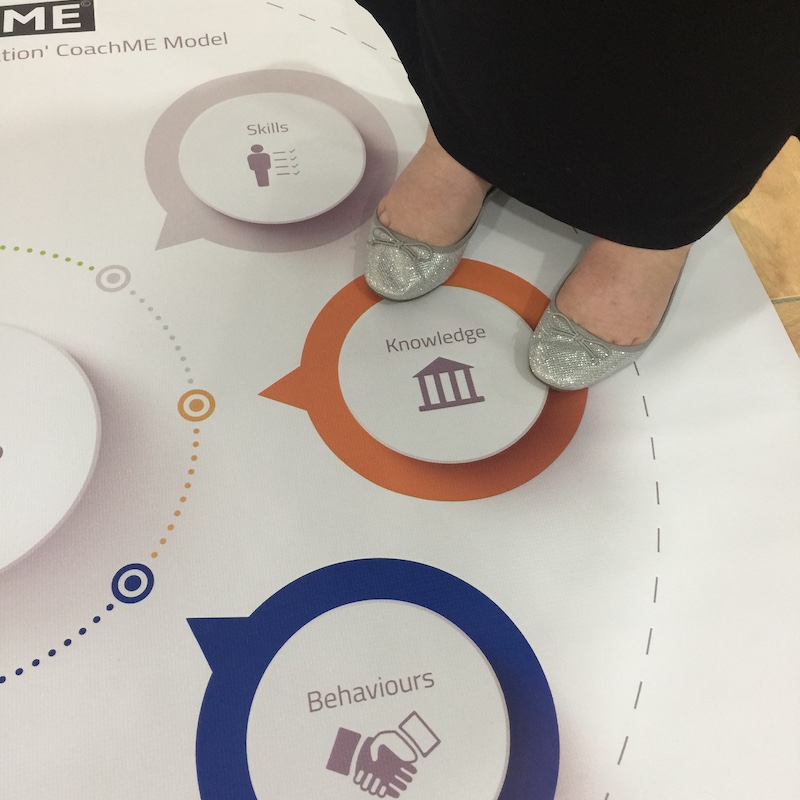
Transition Planning
Transition Planning is about ‘creative solutions’, co-creating and ‘establishing goals with measurable outcomes’ and being aware of the ‘different stakeholders’ parts in systems.
Transition Planning is identified in research as of paramount importance in ensuring that change is long-term and sustained as opposed to a ‘quick fix’. This element of the CoachME model focuses on who or what can help the Coachee to achieve their desired results in their way and their timescale. This is a way of ensuring that the targets or results are Specific, Measurable, Achievable, Articulated, Resonant, Reasonable, Time bound and Thrilling (SMART).
Transition Planning brings in accountability measures and who or what can support the Coachee around accountability. It also ignites exploration of connection and identification of what Results will look and feel like.
CoachME Coaching is about both the Coach and the Coachee ‘staying fully present’, being ‘flexible’ and wanting the best outcomes for Coachees. Transition Planning raises awareness and supports ‘generation of options’ as well as different perspectives, reminding the Coachee that they are not alone.
Transition Planning is also about designing action, realizing potential set-backs and planning ways to tackle them to get back on track as smoothly and quickly as possible. Measures of desired Results are clear, as are the optimal situations, way of being, critical incidents and significant others who can support Results in various ways, including acting as change agents and brand ambassadors in organisations. This can reduce silos in organisations as well as encouraging internal networking for optimizing organisational Results.
Transition Planning is the framework which supports change and transformation.
